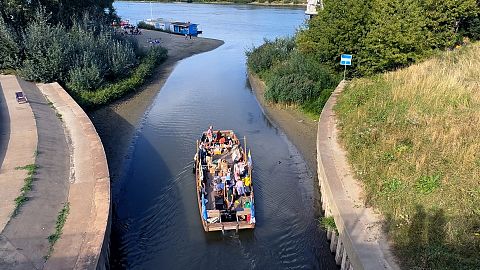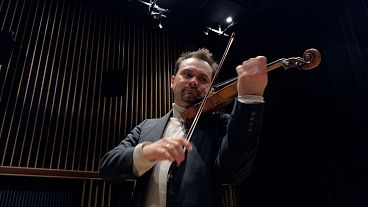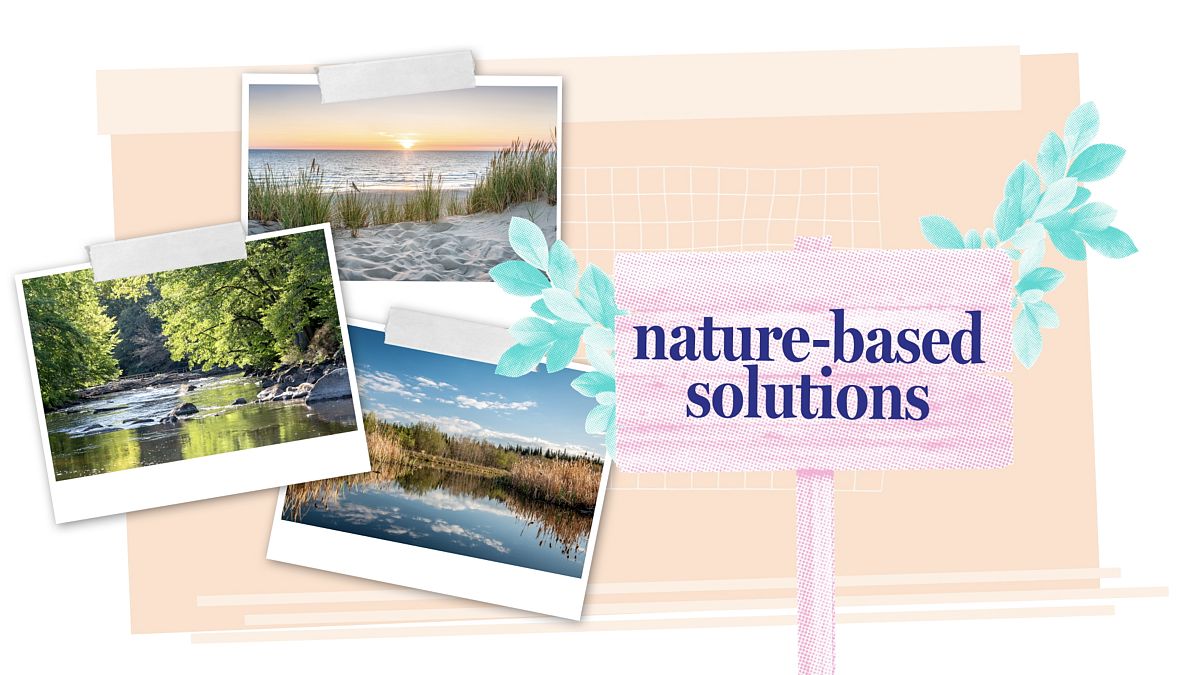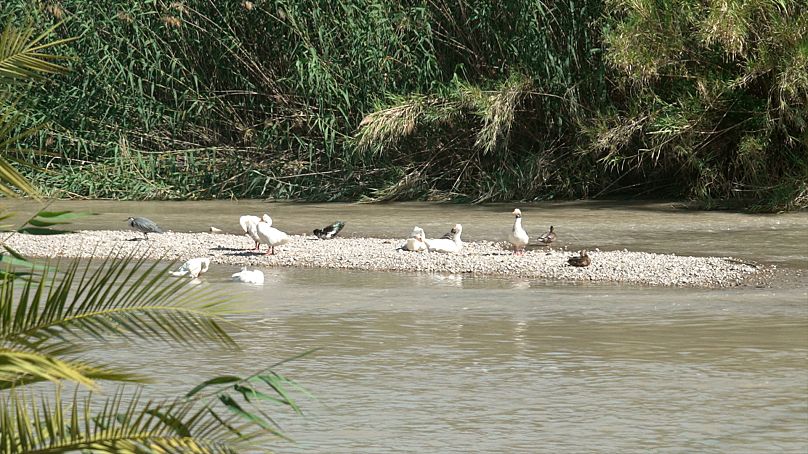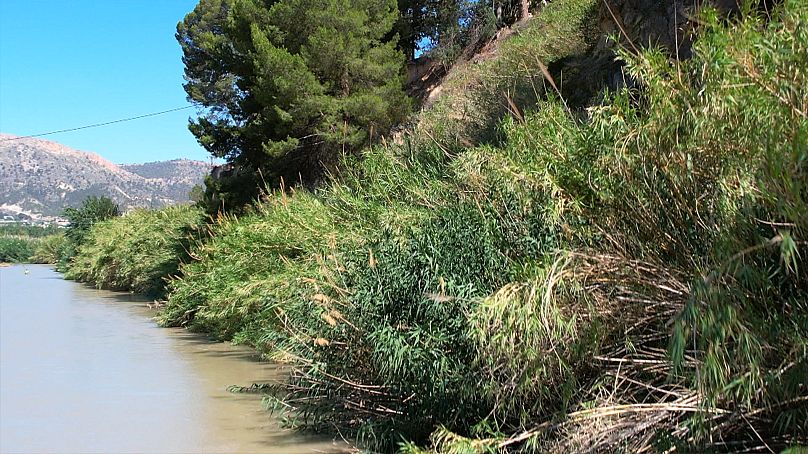Climate change, pollution, and ever-growing demand are putting a huge strain on our water resources. But could the natural world help us? In this Crash Course, we explore how Nature-based solutions (NBS) are increasingly being used to tackle floods, droughts, and water scarcity.
Whether it's urban wetlands or making more room for rivers, nature is increasingly viewed as our friend, not our foe, when it comes to improving water availability, quality, and protection.
What are Nature-based solutions?
The European Commission defines Nature-based solutions as:
“Solutions that are inspired and supported by nature, which are cost-effective, simultaneously provide environmental, social and economic benefits, and help build resilience. Such solutions bring more and more diverse, nature and natural features and processes into cities, landscapes and seascapes, through locally adapted, resource-efficient and systemic interventions.”
What are the benefits?
Now recognised as one of the best ways to boost biodiversity and enhance climate resilience, Nature-based solutions are often used in conjunction with conventional water infrastructure to achieve more sustainable outcomes. Often self-sustaining, these solutions can help prepare for and even prevent water-related disasters such as flooding.
Key examples of NBS
Wetland Restoration: Improves water filtration and flood control.
Green Roofs: Absorb rainwater and improve urban air quality.
Permeable Pavements: Reduce runoff and recharge groundwater.
Rain Gardens: Capture and absorb stormwater runoff.
Reforestation: Enhance soil infiltration and reduce runoff.
What is Europe doing?
The EU’s Green Deal emphasises climate-proofing, resilience-building, prevention, and preparedness. Brussels has also pledged to protect biodiversity and ecosystems while ensuring sustainable agriculture. NBS are seen as crucial tools for achieving these goals. The EU funds 76 research and innovation NBS projects across 71 countries, with over 600 million euros allocated. Countries like Belgium, Spain, and Germany also invest heavily in nature-based solutions.
For every euro invested in nature restoration, the return in social, economic, and environmental benefits is significantly higher. Despite that proven efficiency, global investments in NBS in 2018 were below 1% of total water management infrastructure funding.
Getting wise to water
Euronews and the European Commission are partnering to promote the EU's Water Wise campaign, #WaterWiseEU. Our series, Water Matters, and the EU campaign aim to raise awareness about the increasing stress on Europe's water systems and the need for sustainable water management. Water Matters will delve into various water-related issues, highlighting the importance of protecting nature and ecosystems integral to the water cycle. Through engaging content, Euronews and the European Commission hope we can inspire individuals and communities to become #WaterWiseEU.
You might also like
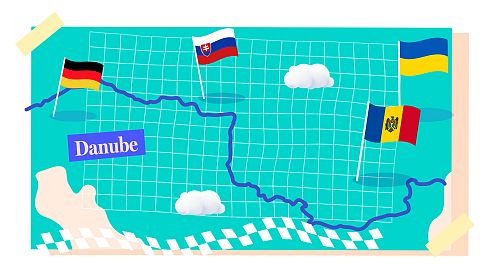
How does the EU manage its shared waterways?
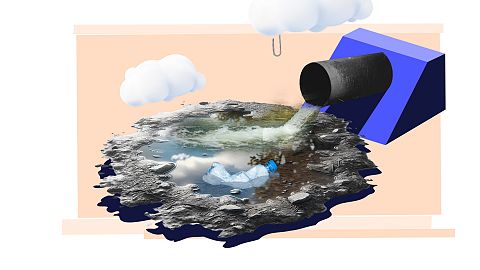
Water pollution: How the EU is working to restore our rivers, lakes and seas
